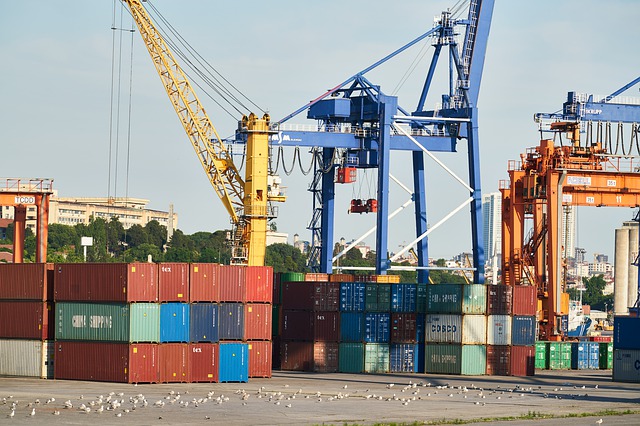May 30, 2023
EuroCommerce – supports the goals of the new proposals on the customs reform package, introducing new features and processes to take customs to the next level.
Christel Delberghe, EuroCommerce Director General, commented: “We have actively supported the European Commission in its efforts to make EU customs smoother and more consistent. And we do see
positive concepts in this proposed reform that may help many international businesses as well as a significant number of SME importers and exporters. However, unlike the Union Customs Code
modernisation process, we regret that EU trade was not involved in content creation. We are concerned that operational problems may await us in the details and invite the co-legislators to work to improve the practicability of the proposed measures.”
The retail and wholesale sector is inherently dependent on free global trade flows for goods and services. Frictionless trade is essential for businesses to create wealth in the EU, support competitive business customers, and offer choice to consumers.
We remain concerned that not all essential issues have been addressed including:
• the importance of setting realistic targets when creating new laws, processes, and procedures, especially for new IT projects, together with devising a sensible mechanism to tackle unforeseen problems that impact imposed deadlines. The eCustoms programme, for example, should have fully entered into force by 2020 and is now seriously delayed with a multitude of confusing derogations for key systems. Delays create uncertainties that heavily impact businesses with no option but to invest in new systems and procedures to comply.
• the adequate use of modern technology to ensure smoother compliance with obligations such as product safety is important.
• the relationship between customs and competitiveness, which retailers and wholesalers want to see as the prime driver in the coming process if the EU is to truly meet its trading potential on the world supply chain market.
Christel Delberghe concluded: “We welcome the goal of better access to the Trusted Trader facility for SMEs and a move to a more data and process-driven structure. But there are going to be some very challenging debates, such as direct access to traders’ systems as well as the proposal to abolish the 150 euros low-value consignment rule. We strongly encourage policymakers to work in close partnership with trade. For these proposals to work it is essential that all new concepts and proposals are fully tested against operational conditions to ensure a proper business case exists for their introduction. “
Source: EuroCommerce
Legal Notice: The information in this article is intended for information purposes only. It is not intended for professional information purposes specific to a person or an institution. Every institution has different requirements because of its own circumstances even though they bear a resemblance to each other. Consequently, it is your interest to consult on an expert before taking a decision based on information stated in this article and putting into practice. Neither Karen Audit nor related person or institutions are not responsible for any damages or losses that might occur in consequence of the use of the information in this article by private or formal, real or legal person and institutions.






